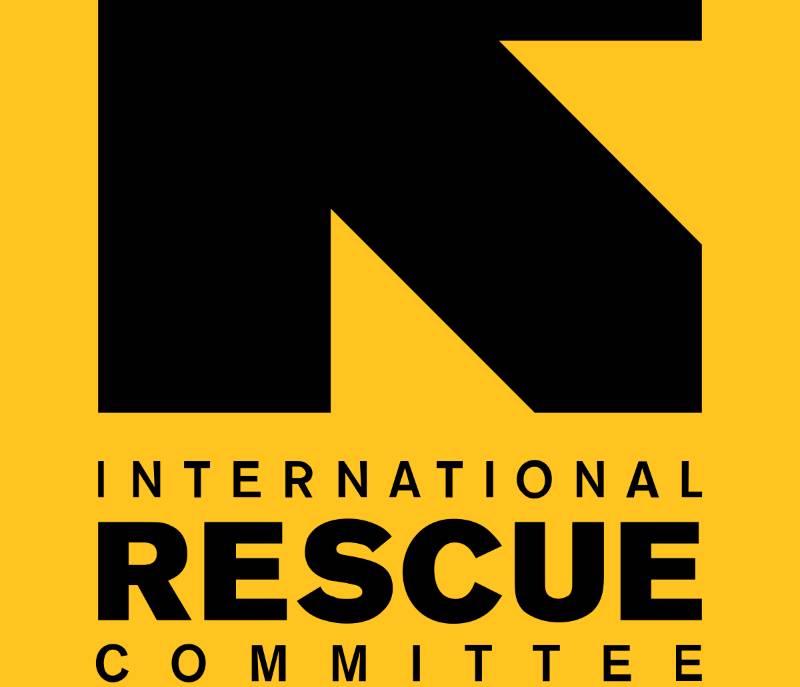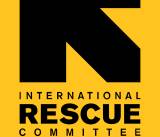
Description
About International Rescue Committee
Since 1933, the International Rescue Committee has been providing lifesaving services to the world’s most vulnerable.
Here’s how the IRC was founded at the call of physicist, humanitarian -- and refugee -- Albert Einstein:
In July 1933, a committee of 51 prominent American intellectuals, artists, clergy, and political leaders formed a branch of the International Relief Association in New York, at the request of its chief, German-born physicist Albert Einstein. Among them were the philosopher John Dewey, the writer John Dos Passos, and the theologian Reinhold Niebuhr. Other prominent citizens, even including Eleanor Roosevelt, soon joined the effort.
Einstein arrived in America on October 17,1933 after he and thousands of other Jews fled persecution in Nazi Germany. The committee established offices at 11 West 42nd Street, opposite Bryant Park and not far from the International Rescue Committee's current headquarters location. Its mission, as The New York Times reported on July 24, 1933, was to "assist Germans suffering from the policies of the Hitler regime."
Another group of leaders formed the Emergency Rescue Committee when Paris fell to the Nazis in 1940. As the crisis deepened into World War II, the two groups merged. And so came into being the organization that would grow into today's International Rescue Committee.
The International Rescue Committee has since established programs in more than 40 countries and in 25 U.S. cities. Our dedicated teams provide clean water, shelter, health care, education and empowerment support to refugees and displaced people. We respond to the world’s worst humanitarian crises and helps people whose lives and livelihoods are shattered by conflict and disaster to survive, recover and regain control of their future. Here are highlights of our impact:
In 2018, the IRC and our international program partners:
-- Provided 1.6 million children with schooling and education opportunities.
Supported 15,645 existing businesses and 4,738 new businesses.
-- 21,982 people participated in awareness-raising sessions on governance-related topics, such as individual rights, conflict mitigation and local government hotlines.
-- Trained 23,852 people on child protection, gender-based violence and protection principles, and service delivery.
-- Reached 1.2 million people through our efforts to raise awareness about human rights, protection and gender-based violence.
-- Supported 27,827 village saving and loan association (VSLA) members. VSLA participants saved more than 1 million USD.
-- Supported 16,177 schools, education centers, vocational training centers and safe healing and learning spaces.
In the United States in 2018, the IRC:
-- Served 9,127 people with economic empowerment programs, including financial coaching, vocational training and asset building.
-- Assisted 2,175 children and parents seeking asylum in the U.S. and resettled 5,374 refugees and SIV recipients across 25 U.S. cities.
-- Worked with 8,027 volunteers in the U.S. who collectively provided more than 200,000 hours of service.
Features
Reviews
Comments
Claim this business page.
This business has not yet been claimed by the owner or a representative.Similar
Swedish Committee for Afghanistan
Kabul, Kabul Reign
Nearby
FGI Solutions - Shipping Companies in Afghanistan
Kabul, Kabul Reign
iqbal technologies
Kabul, Kabul Reign










